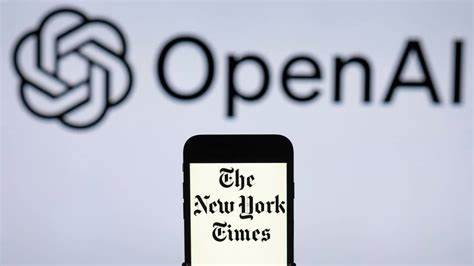The AI powerhouse OpenAI has announced a week-long mandatory break this month, citing employee burnout as the reason behind the decision. After months of operating on intense 80-hour workweeks, leadership says the pause is meant to give staff time to rest and recharge. However, the timing of this break is raising eyebrowsacross Silicon Valley.

That’s because Meta, one of OpenAI’s most aggressive competitors in artificial intelligence, is on a hiring binge, and OpenAI workers are prime recruitment material. Meta is reportedly offering signing bonuses of as much as $100 million to star AI researchers and engineers, especially to those who have been trained at OpenAI.
In the past few months, several key members have already left OpenAI to join Meta’s FAIR division and its newly formed AGI research labs. With burnout running high and better pay on the table, it’s easy to see why some might jump ship.
Inside OpenAI, the pressure is being felt. In an internal message, Chief Research Officer Mark Chen acknowledged that morale was weakening and fears were growing. CEO Sam Altman pledged better pay and greater recognition and encouraged teams to “keep focused on the mission.” But, for some workers, these promises are coming too late.
There are growing concerns that Meta may use this break to step up its poaching efforts, given how much of OpenAI’s team is now offline. This week off is no exception, as only the executive leadership team will be working during the week the company is shut down, suggesting that this may be more of a defensive strategic posturing than a caring deed.
The bigger issue? This is just one more example of a larger problem in the world of AI: the breakneck speed of development and the high-stakes competition for talent. In a course toward artificial general intelligence (AGI), the pressure on employees is only advancing.
This shutdown is a moment of crisis for OpenAI, yes, but also a moment of reflection. If it is unable to keep its best talent, it may lose its edge in the AI competition. But if it takes now as its opportunity to rebuild its internal culture and to reimagine its working model, then it will return stronger.

